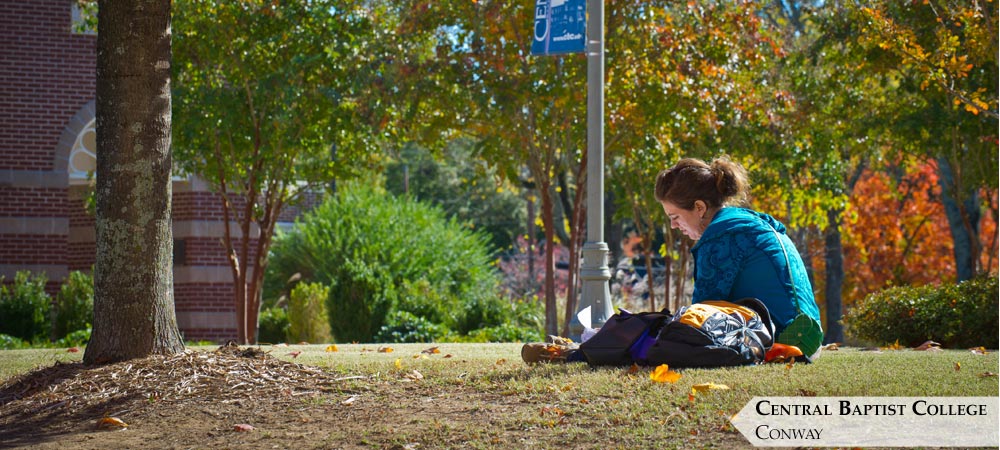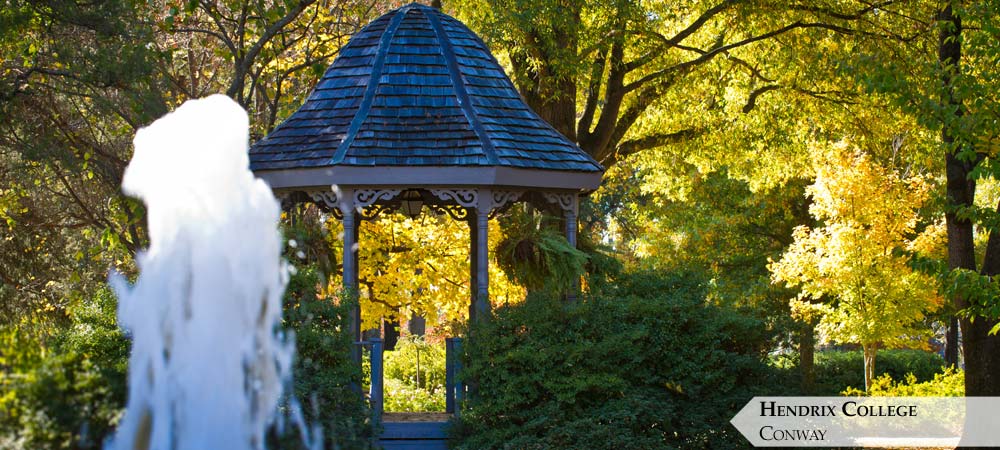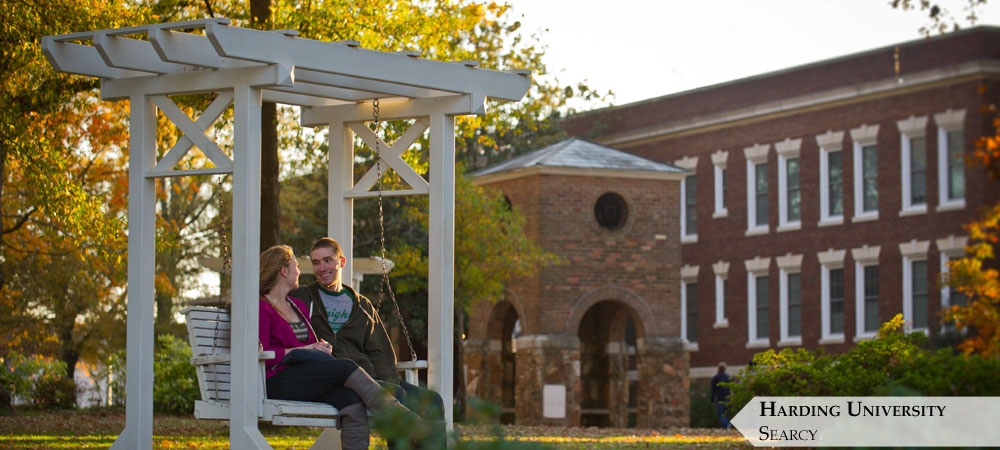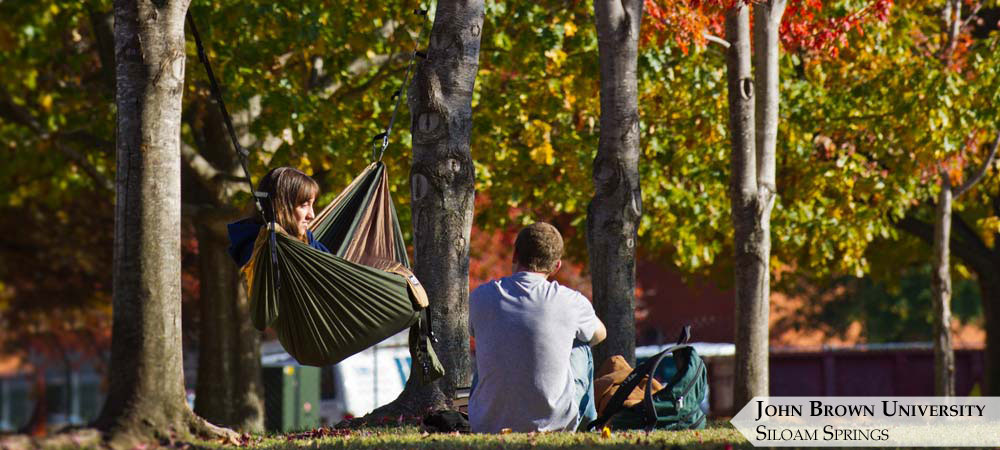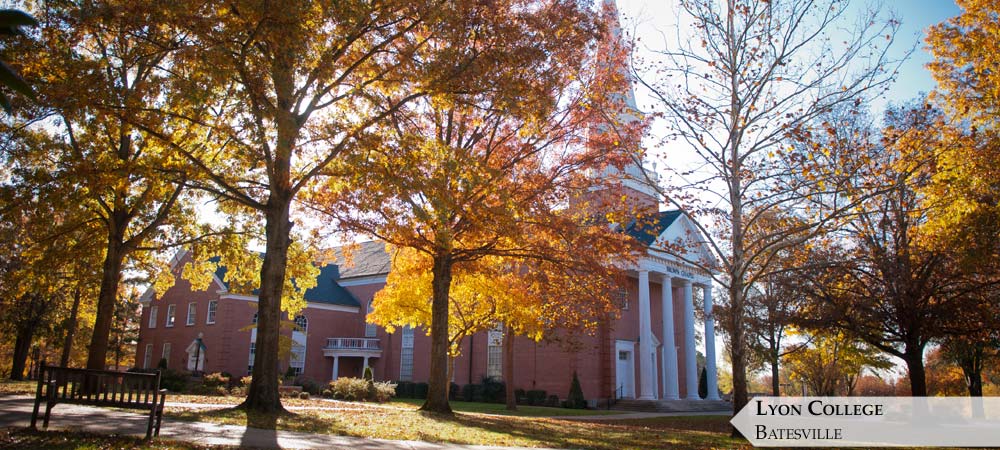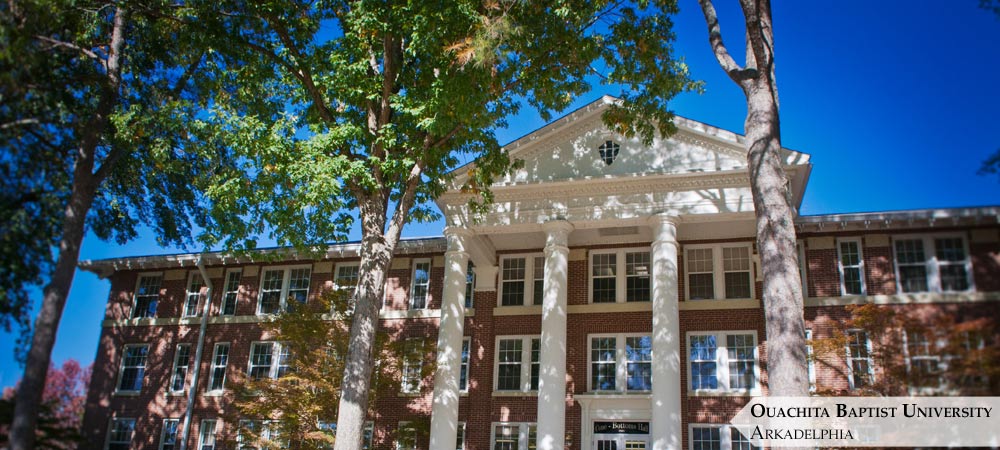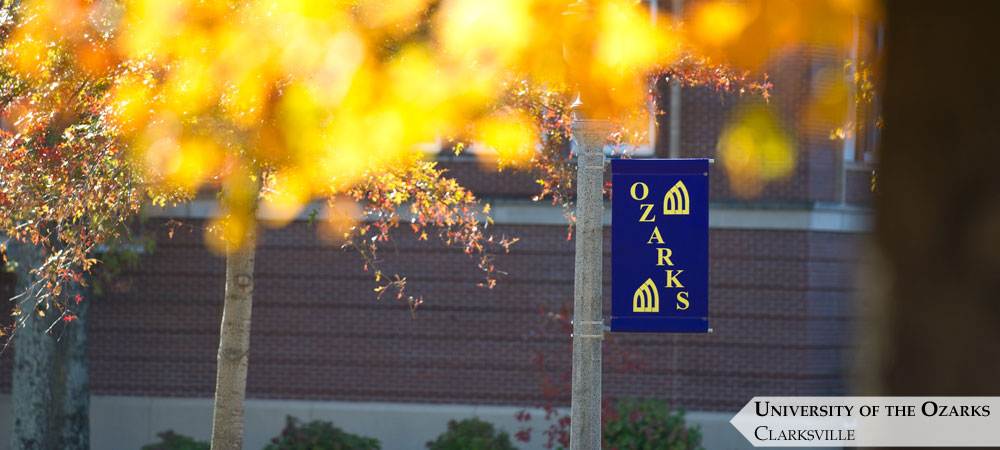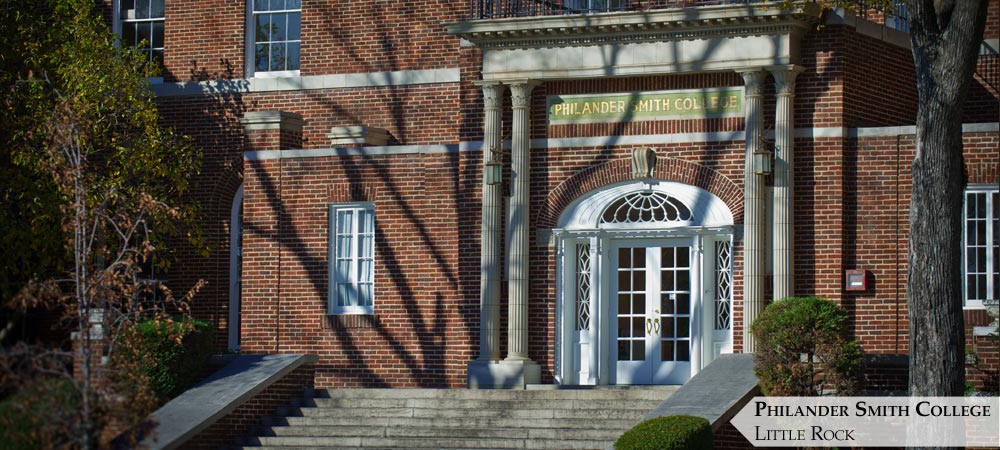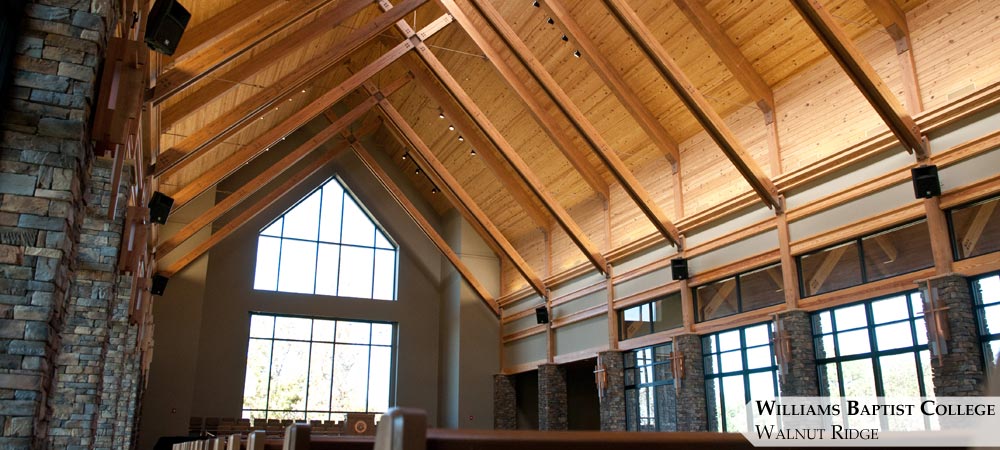John Brown University is officially a zero-landfill institution, meaning waste from the Siloam Springs campus is primarily recycled or converted to power through emissions-free incineration. JBU is the first higher educational institution in Arkansas to have a completely zero-landfill campus.
“We believe in being good stewards of the resources God has provided us,” said Dr. Steve Beers, vice president of student development, who oversees JBU’s facilities services. “Having a zero-landfill campus makes economic sense and reduces the university’s impact on the environment.”
Recyclable materials – plastic, paper, metal and more representing about 50 percent of JBU’s trash – are sorted and sent to local recyclers; waste that cannot be recycled is compacted and sent to Tulsa to be converted into energy (via emissions-free incineration) and in the case of food waste, sent to hog farms. The university provides recycling bins for individual offices, classrooms, residence halls and common rooms.
“John Brown University could not have a zero-landfill campus without the support and partnership of our local community,” said Steve Brankle, director of facilities services and sustainability. “Partnering with local waste management authorities and recycling services allow us to salvage reusable materials without increasing the cost to the university.”
JBU has partnered with local waste management companies and local businesses to recycle everything possible and convert the rest to energy. The university recycles materials in the following ways:
Metal – Salvaged and sold to the local metal recycling companies in Siloam Springs.
Plastics – Sent to city of Siloam Springs for recycling
Cardboard – Sent to city of Siloam Springs for recycling
Paper – Sent to city of Siloam Springs for recycling
Glass – Sent to city of Siloam Springs for recycling
Plastic bags – taken to a local retail store that offers consumer recycling
E-Waste (electronic waste) – Recycled by eSco
Batteries – Recycled locally
Rechargeable batteries and non-lead batteries – Taken to Lowes for recycling
Light bulbs with high mercury content – Sent to Waste Management
Kitchen grease – Converted to biodiesel and used to power lawnmowers
Cafeteria waste – Taken to local hog farm
Removing dumpsters – During move-out days on campus, instead of having students dump unwanted items in a dumpster, the workers from the Salvation Army come and take away items that can be reused. Reducing the use of dumpsters saves the university over $30,000 annually.
The zero-landfill goal is a part of the university’s multi-step program towards environmental sustainability, seeking to conserve energy, reuse materials and reduce waste for the entire institution. Renovating older buildings to conserve heating and cooling, connecting structures to a central plant, inviting non-profit organizations to salvage abandoned items left in residence halls during summers, and installing white roofs to reflect heat are a few sample projects that have thus far been implemented, Brankle said.
For more information on JBU’s sustainability efforts, visit jbu.edu/sustainability.
John Brown University is a private Christian university, ranked No. 1 Best Value among Southern regional colleges by U.S. News & World Report and listed as one of America’s Best Colleges by Forbes. JBU enrolls more than 2,400 students from 40 states and 39 countries in its traditional undergraduate, graduate, degree completion and concurrent education programs. JBU is a member of the Council for Christian Colleges and Universities and a founding member of the Evangelical Council for Financial Accountability.

